Crisis looms for Swiss hospitals
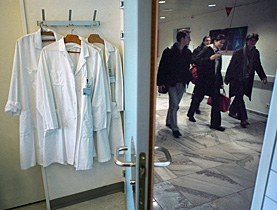
A staffing crisis is looming in Swiss hospitals, with 70 per cent reporting serious problems in recruiting medical and care personnel.
Hospitals partly blame restrictive university entry policy for the shortfall in doctors, which limits the number of places for new medical students, and means only 600 home-grown doctors qualify per year where 1,200 are needed.
“Basically we limit the number of medical doctors in Switzerland artificially through the numerus clausus [name of the number-capping policy] and as a result we don’t have enough doctors in the system,” Bernhard Wegmüller of the Swiss hospitals association H+ told swissinfo.ch.
Depending on the job category, 30 to 40 per cent of Swiss hospital staff are foreign, most coming from neighbouring Germany. Wegmüller fears that this reliance on foreign workers is unsustainable.
“It’s not a problem that they come, we really need them today. Our problem will be if we don’t have them any more, so we have to see that we have enough professionals in our system,” he said.
Some hospitals are already finding it harder to recruit from Germany since the German health system reacted to the exodus of its trained personnel by offering higher salaries.
More students
The Swiss Medical Association has also joined calls for more university places to be offered at the country’s seven medical faculties.
According to the representative body, the Swiss University Conference, moves to increase capacity are already underway and increases in the order of 20 to 30 places per university are in sight.
“But simply scrapping the numerus clausus would not solve the problem because there is such a high level of interest that the universities would be swamped,” Gerda Burkhard of the Swiss University Conference told swissinfo.ch.
Burkhard cites financial and logistical reasons for the small scale of the changes. “To increase the capacity in universities is also a question of money because these places are very expensive.”
“On the other hand it is not possible to go on increasing the number of places in the clinical study programme indefinitely, because of the burden on the
whole infrastructure of the hospital,” she added.
The numerus clausus was introduced for medicine in 1997 because the number of applicants had risen sharply and the universities found themselves unable to offer sufficiently high-quality training for so many students. Now only one in three of those who pass the entrance exam are offered a place.
Ethical problem
However Burkhard also acknowledges the ethical problem of over-recruiting from abroad, because poorer countries down the line whose doctors emigrate end up paying for medical training they do not benefit from.
Apart from training more Swiss medical staff, there are other measures that the hospitals can take to tackle their recruitment problems, such as making jobs more family friendly and encouraging those on career breaks to re-enter the workforce.
Wegmüller recognises that the hospitals have an important role to play in making the workplace more attractive.
“Jobs in hospitals tend to be difficult when you have to organise a private life. You have to cover seven times 24 hours which means night shifts, late shifts and day shifts.
“We have to find more solutions, better solutions. Although many hospitals already offer part-time jobs and childcare, more needs to be done. It is a permanent task of the hospitals to try to improve working conditions,” he said.
Situations vacant
Could it be that Switzerland has too many hospitals and that this oversupply is straining the system? Wegmüller disputes this perception, pointing out that Switzerland has fewer beds per capita than the OECD average.
A recent survey of hospital human resources managers found that 16 per cent of vacant positions could not be filled, and with increasing numbers of medical staff reaching retirement age (60,000 in the next decade), the problem is set to worsen.
The worst case scenario for Wegmüller would be that Switzerland would have to introduce waiting lists for essential surgery and that hospitals would see a decline in the quality of care.
Such an outcome would be a bitter pill to swallow for Europe’s most expensive health system.
Foreign doctors immigrated: 993 (2006), 1,258 (2007), 1,258 (2008)
Doctors qualified in Switzerland: 594 (2006), 612 (2007), 672 (2008)
Source: NZZ newspaper quoting Federal Migration Office
Some 250,000 medical and care staff are employed in Swiss clinics, hospitals and nursing homes, 70,000 of whom are foreign nationals.
The proportion of foreign workers varies according to hospital category, from 29 per cent in central hospitals to 37 per cent in university hospitals and psychiatric hospitals.
On National Hospital Day (September 19) some 80 clinics, hospitals and care institutions will hold open days to inform young people about careers in the health service.

In compliance with the JTI standards
More: SWI swissinfo.ch certified by the Journalism Trust Initiative
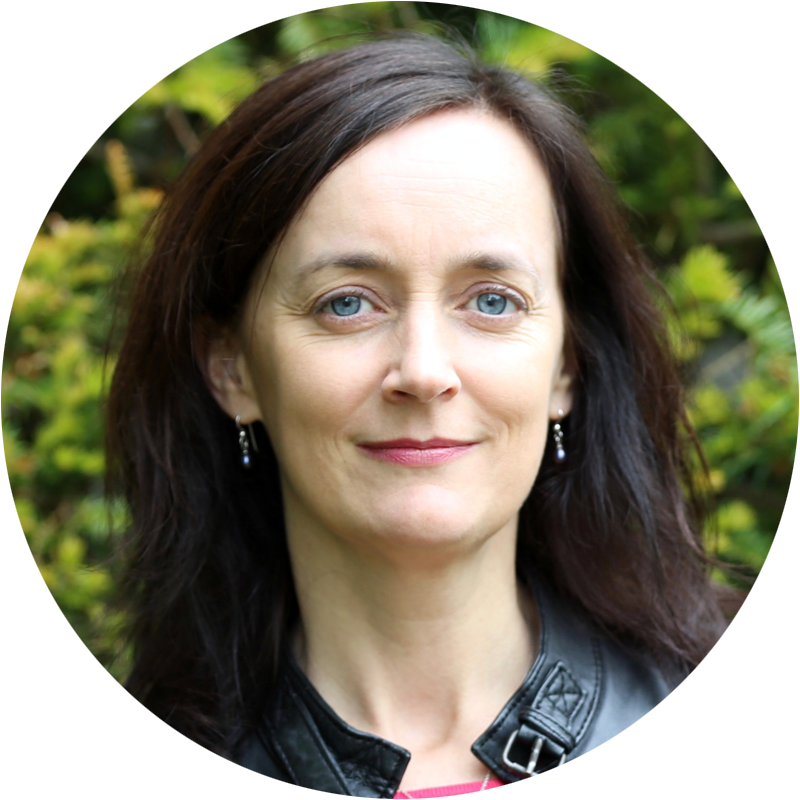
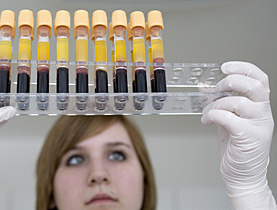
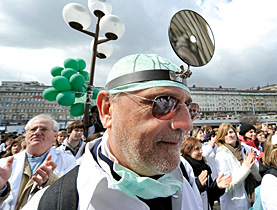
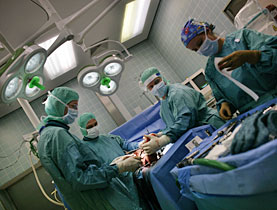
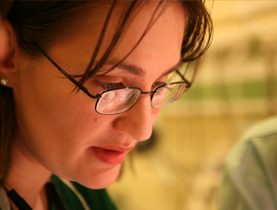

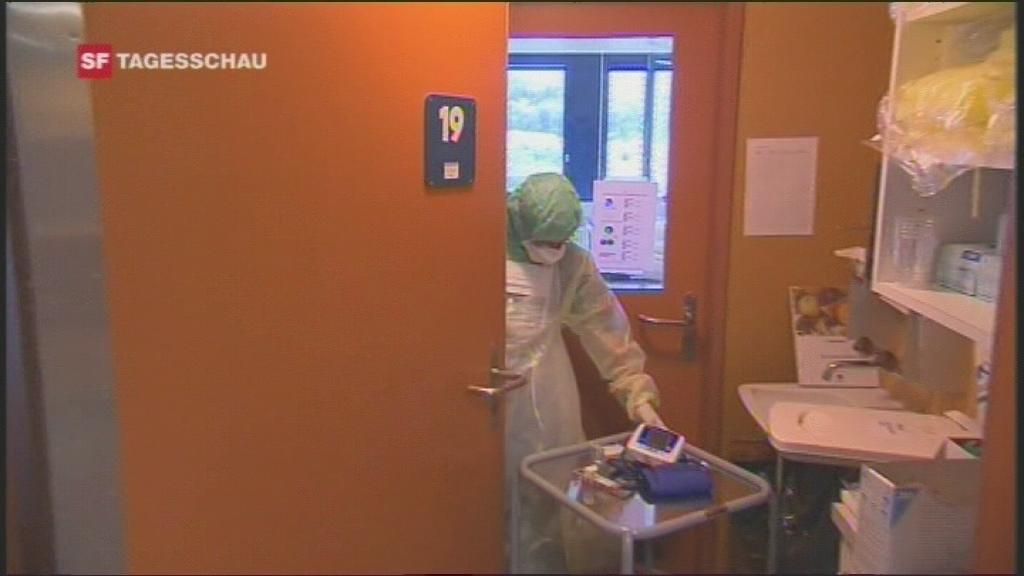
You can find an overview of ongoing debates with our journalists here. Please join us!
If you want to start a conversation about a topic raised in this article or want to report factual errors, email us at english@swissinfo.ch.